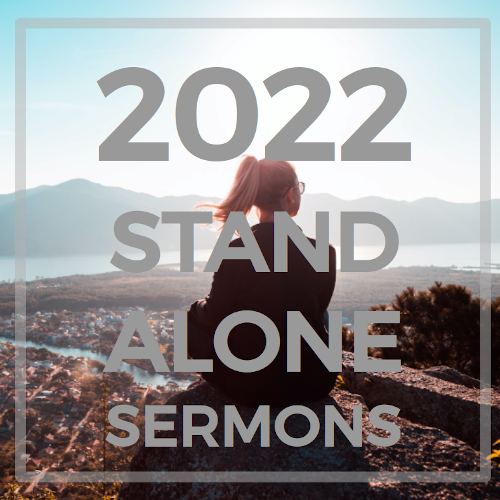Sorry, no results.
Please try another keyword

Morning Church: Sunday, 8:30am & 10:30am
Kids Church: 8:30am & 10:30am
Playgroup: Friday, 9:30am
Youth: Sunday, 3:30pm
Evening Church: 5:00pm
WATCH LIVE: from 8:30am
© 2022 Mitchelton Presbyterian Church.
Website By Leids Digital